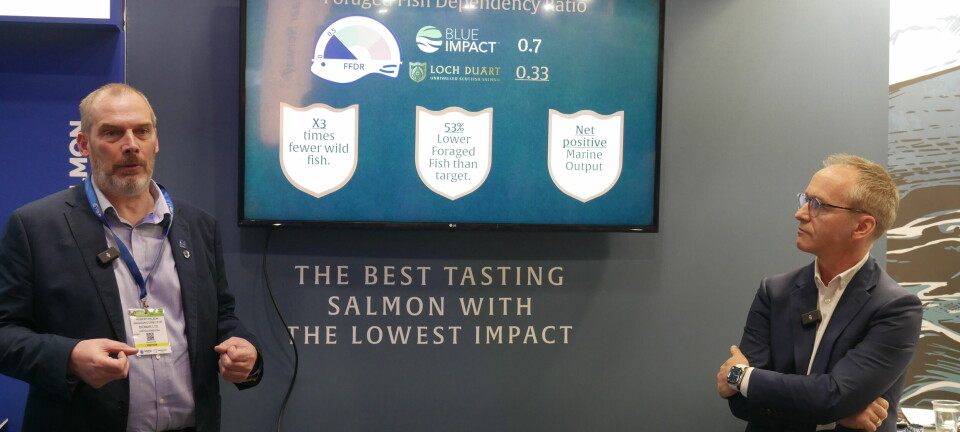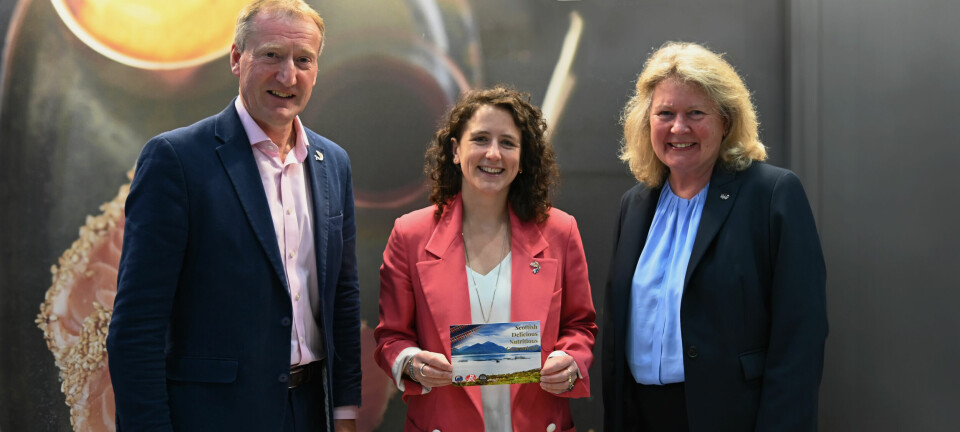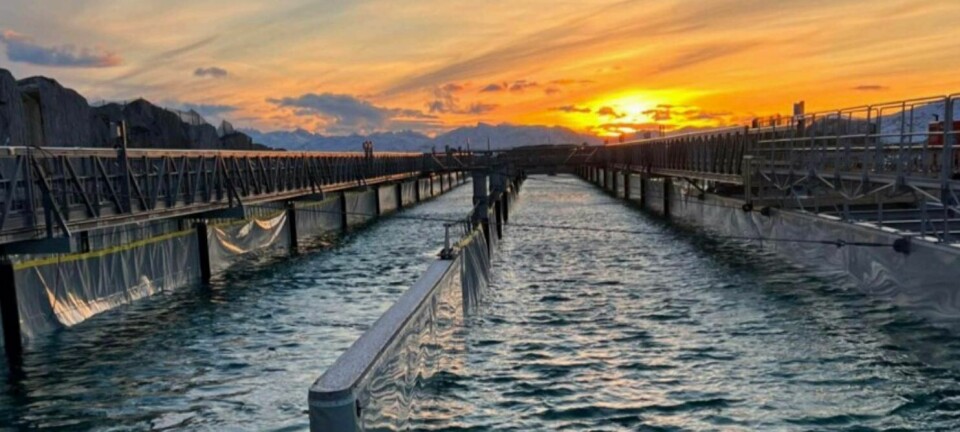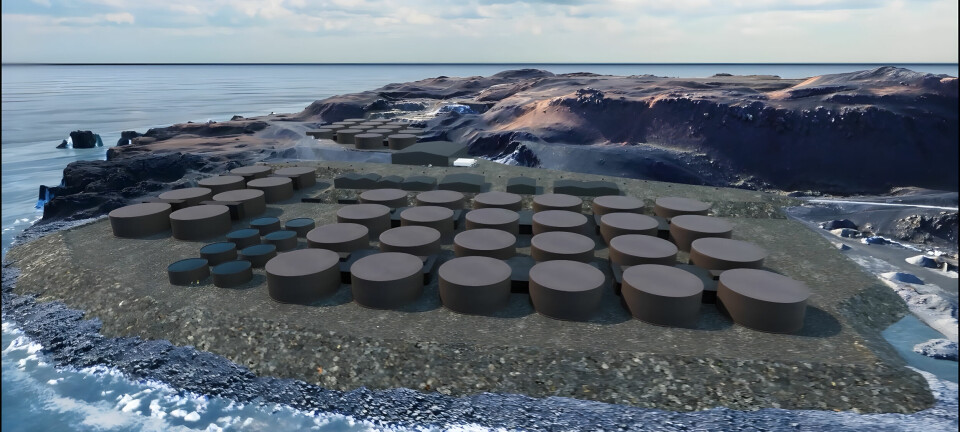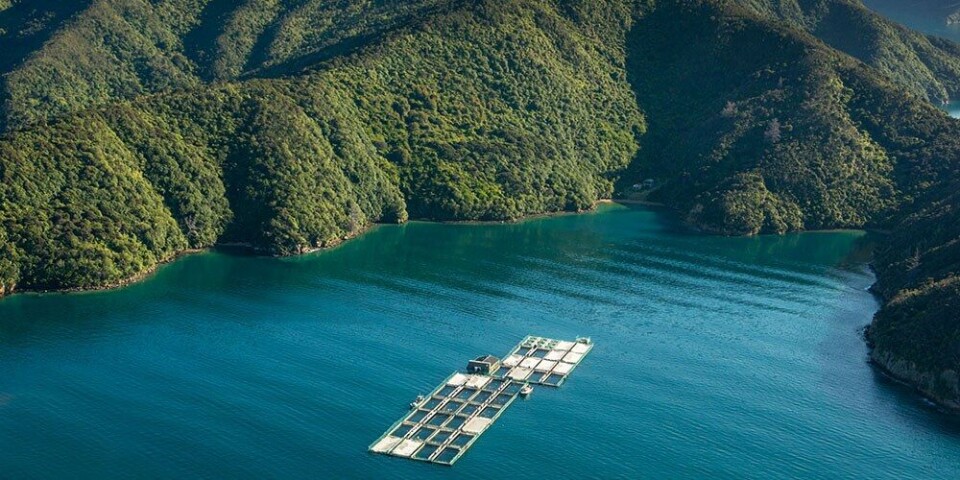
Warmer sea temperatures hit NZ King Salmon harvest
New Zealand King Salmon has revealed that sustained warm water temperatures that continued into April mean full year mortality cost for the year ended June 30, 2019 will be materially higher than for the full year 2018.
In a market update, it said its forecast fish harvest for full year 2019 (FY19) is now expected to be 7,900 tonnes, while operating EBITDA is likely to be at the lower end of previous guidance for between NZ$25 million and NZ$28.5m.
The company’s harvest volume in the first half of the financial year was 4,026 tonnes, 9% lower than 1H18.
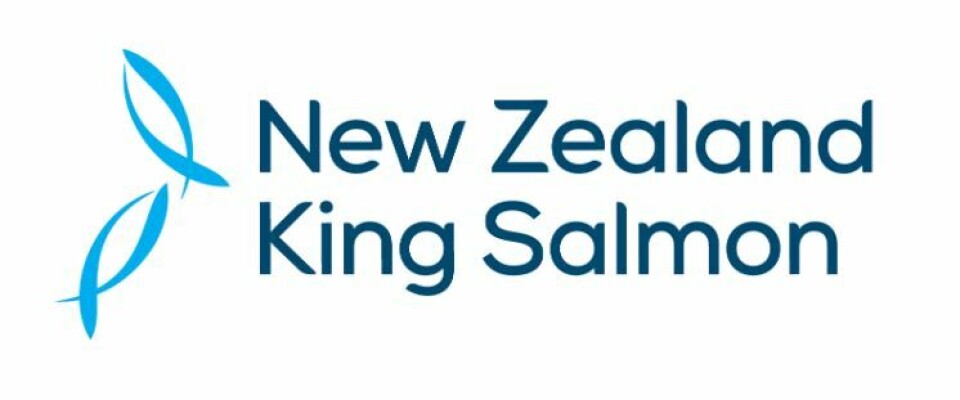
9% drop
The company’s harvest volume in the first half of the financial year was 4,026 tonnes, 9% lower than 1H18.
The challenging summer means that FY20 harvest volumes are likely to be in line with FY19, rather than around 8,700 tonnes previously advised.
NZ King Salmon said it was taking specific measures to mitigate the effects of climate change.
These include following global best practice by siting single year class fish across all farms as soon as possible, with fallowing between year classes.
Forecast lowered, spending up
The company said this will result in a significant reduction in previously forecast harvest volumes in the next few years, and an increase in capital expenditure requirements.
NZ King Salmon said it has also intensified work with government and the local community, to obtain approval for the critical Ministry for Primary Industry proposal covering relocation of low flow sites to higher flow areas.
It is also actioning the current strategy towards longer term open ocean farming.
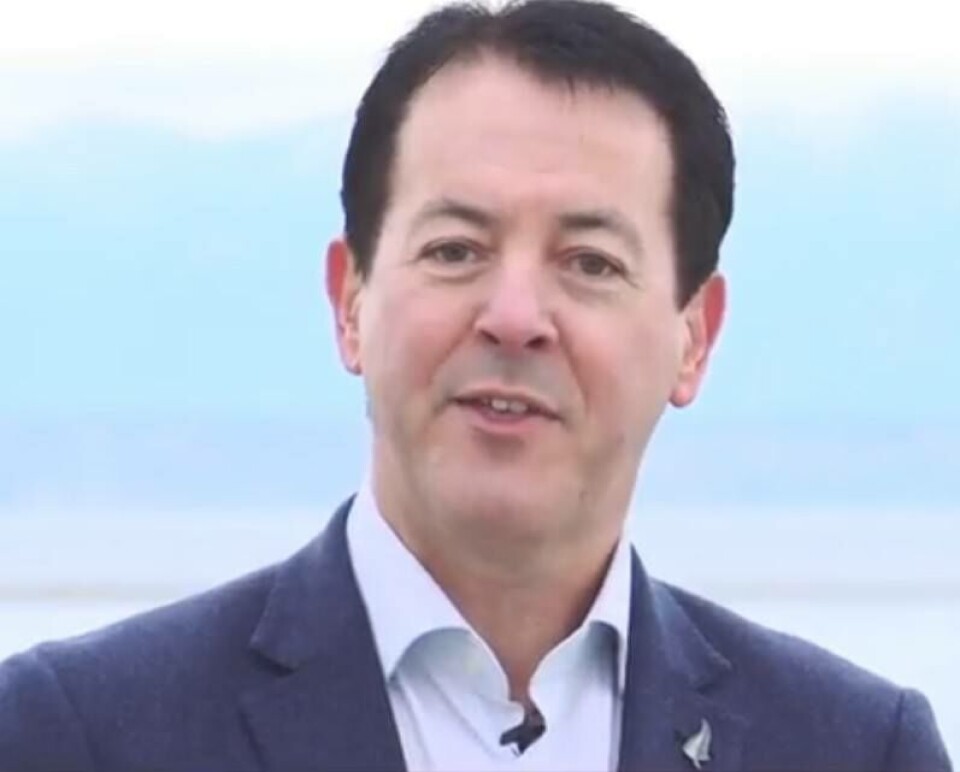
Open ocean farming
Grant Rosewarne, managing director and chief executive, said: “We note that the Coalition Government is committed to addressing and mitigating the effects of climate change and strengthening biosecurity.
“New Zealand’s green-rated salmon industry is an ideal candidate to demonstrate that commitment given the solutions are relatively simple, such as shifting existing salmon space to cooler deeper waters and enabling open ocean farming, together with best practice biosecurity protocols.
“We believe local councils, such as the Marlborough District Council, would respond positively to such leadership”.
NZ King Salmon produces more than half of the world’s farmed king (Chinook) salmon and employs around 500 people. It has 11 farms at eight sites in Marlborough’s Pelorus and Queen Charlotte Sounds in the north of New Zealand’s South Island.
